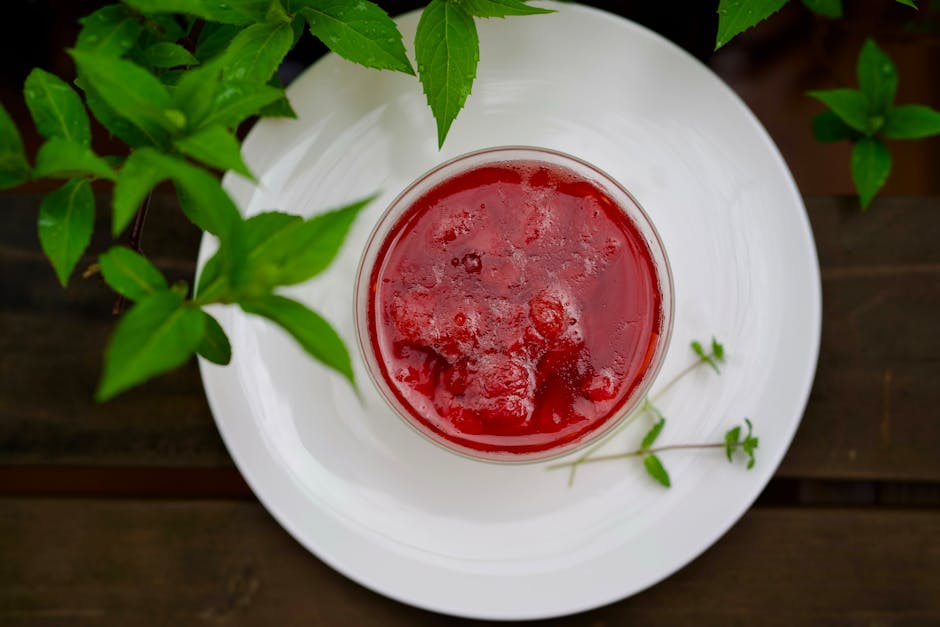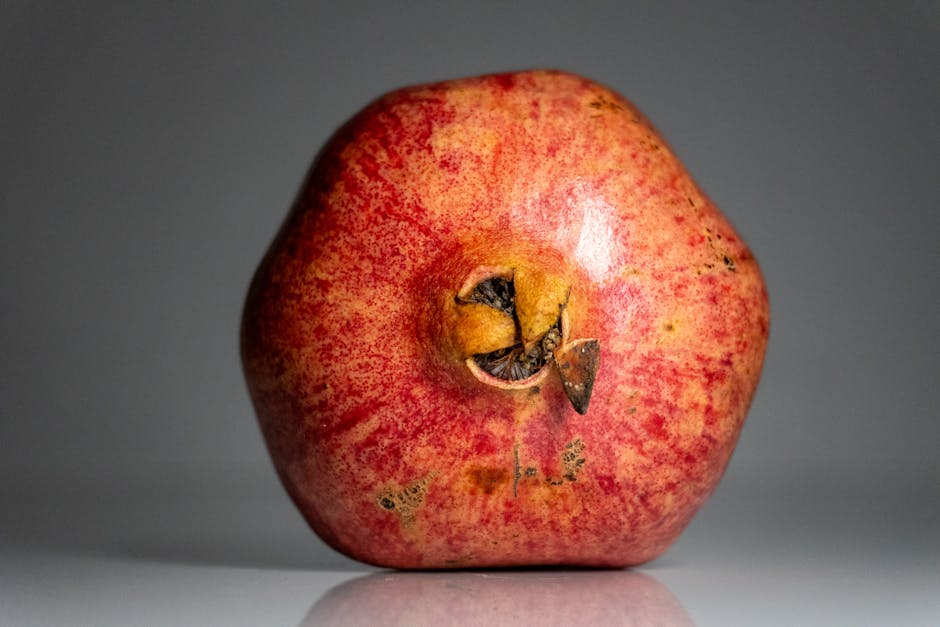Fruity Delights: Nature’s Sweet Treats
Did you know that fruits are not only delicious but also packed with nutrients? They are nature’s candy! From grapes to mangoes, each fruit brings a unique flavor and health benefits. Lets dive into the world of fruity delights and discover why they should be a big part of our diet.
What Makes Fruits So Special?

Fruits are full of vitamins, minerals, and fiber. They help us stay healthy and keep our bodies working well. Eating fruits can lower the risk of diseases like heart disease, diabetes, and some cancers. Plus, they taste amazing!
Many people don’t realize that fruits are also good for our skin and can improve our mood. For example, the vitamin C in oranges helps keep our skin glowing. Eating a banana can boost your serotonin levels, making you feel happier!
Why Should You Eat More Fruits?

Fruits are not just tasty; they are also a great way to satisfy your sweet tooth without the extra calories. Here are some reasons to munch on more fruits:
- Rich in Nutrients: Fruits are low in calories but high in vitamins.
- Hydration: Many fruits have a high water content, keeping you hydrated.
- Variety: There are countless types of fruits to choose from, adding excitement to your meals.
- Convenience: Most fruits are easy to grab on the go!
Start your day with a fruit smoothie or snack on an apple mid-afternoon. The options are endless!
How Many Fruits Should You Eat?

The general rule is to aim for at least five servings of fruits and vegetables each day. It sounds like a lot, but it’s easier than you think! One serving can be:
- One medium-sized fruit, like an apple or orange
- Half a cup of chopped fruit
- One cup of leafy greens, like spinach or lettuce
Mixing fruits into your meals can help you reach this goal. Try adding berries to your cereal or tossing pineapple into your salad.
What Are the Most Popular Fruits?

Some fruits are more popular than others. Here are a few favorites:
- Bananas: Perfect for breakfast or a snack.
- Apples: Crisp and versatile, they can be eaten raw or baked.
- Grapes: Great for snacking and packed with antioxidants.
- Oranges: Juicy and refreshing, full of vitamin C.
- Berries: Strawberries, blueberries, and raspberries are great in smoothies.
Each of these fruits brings something special to the table. For instance, bananas are a great source of potassium, while berries are loaded with antioxidants.
Are All Fruits Created Equal?
While all fruits are healthy, some offer more benefits than others. Heres a quick look:
- Citrus Fruits: Oranges and lemons are high in vitamin C.
- Berries: Blueberries and strawberries have lots of antioxidants.
- Stone Fruits: Peaches and cherries are high in vitamins A and C.
- Tropical Fruits: Pineapples and mangoes are rich in vitamins and enzymes.
it’s important to eat a variety of fruits to get a range of nutrients. Each color of fruit provides different benefits, so think of a rainbow on your plate!
How Can You Include More Fruits in Your Diet?
Adding fruits to your meals is simple. Here are some easy ways:
- Include fruit in your breakfast, like berries in oatmeal.
- Snack on fruits instead of chips or candy.
- Blend fruits into smoothies for a refreshing drink.
- Add fruits to salads for a sweet twist.
- Make homemade fruit popsicles for dessert.
By making small changes, you can easily increase your fruit intake. It can even make your meals more exciting!
What About Dried Fruits?
Dried fruits can be a tasty snack, but be cautious. They are calorie-dense and often contain added sugars. Heres a quick guide:
- Raisins: Great for snacking, but watch portion sizes.
- Dried Apricots: Good source of fiber and vitamin A.
- Dates: Sweet and energy-packed, perfect for a natural boost.
When choosing dried fruits, look for options without added sugars or preservatives. They can be a healthy and easy addition to trail mixes or yogurt!
Are Organic Fruits Better?
You might wonder if organic fruits are healthier than conventional ones. The answer isn’t straightforward. Organic fruits are grown without synthetic pesticides and fertilizers. Here are some things to consider:
- Fewer Chemicals: Organic fruits have less exposure to chemicals.
- Environmental Impact: Organic farming can be better for the environment.
- Cost: Organic fruits can be more expensive.
Both organic and conventional fruits offer health benefits. If you can, choose organic for certain fruits that tend to have higher pesticide residues, like strawberries and apples. Check out the EWG’s list of Dirty Dozen for more information.
What Are the Best Ways to Store Fruits?
Storing fruits properly helps maintain their freshness. Here are some tips:
- Keep Bananas Alone: They release ethylene gas, which can spoil other fruits.
- Refrigerate Berries: Keep them in the fridge to extend freshness.
- Store Apples in a Cool Place: They do well in a cool, dark area.
- don’t Wash Until Ready to Eat: Washing can promote mold growth.
These simple steps can make your fruits last longer, saving you money and reducing waste.
Why Are Seasonal Fruits the Best Choice?
Eating seasonal fruits is a great way to enjoy the best flavors and nutrition. Heres why:
- Better Taste: Seasonal fruits are usually fresher and tastier.
- More Affordable: They are often cheaper when they are in season.
- Supports Local Farmers: Buying seasonal fruits helps local economies.
Check your local farmers’ market for fresh, seasonal fruits. it’s a fun way to explore new flavors and support your community!
Ready to Enjoy Fruity Delights?
Fruits are delightful, nutritious, and versatile. They bring joy to our meals and snacks while keeping us healthy. By incorporating a variety of fruits into your diet, you can enjoy their many benefits.
So, what will you try first? An exotic mango or a classic apple? Whichever you choose, remember that a colorful plate of fruits not only looks good but also fuels your body in the best way possible!
Happy snacking!



